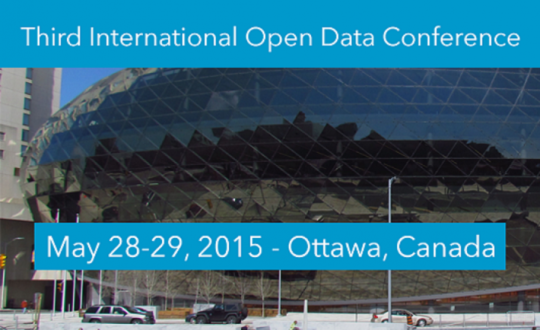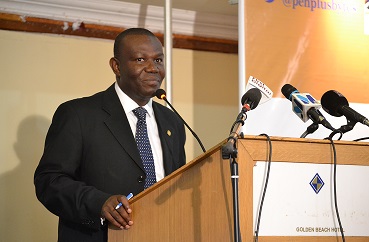It has been a busy few months for the global open parliament community! Below, we’ve compiled a collection of updates. With so much great work, we’re certain that we’ve missed some fantastic projects, initiatives, and events. As always, if you would like to see your work included in this News Brief, feel free to reach out to the site administrators on the contact page.
In case you missed it, Global Legislative Openness Week was a success around the world. More information can be found at OpenParlWeek.org, but highlights include:
- The Parliament of Georgia, the Legislative Openness Working Group, and a collection of local and international organizations organized a global legislative openness conference, entitled Committing to Openness: Parliamentary Action Plans, Standards, and Tools. The conference featured over 100 legislators, legislative staff, and civil society representatives from more than 30 countries who shared experiences advancing legislative openness and explored ways in which OGP can be most effectively leveraged to advance public access to legislative information and processes.
- Around the world, mySociety led a crowdsourcing campaign to collect structured, reusable data on politicians in 201 countries. This information is now public and available on their website.
- The Brazilian Chamber of Deputies launched a collection of new tech platforms to foster citizen engagement in the legislative process. To celebrate GLOW, the Chamber launched these new open source services for use outside Brazil.
- In Taiwan, Citizen Congress Watch (TWN) organized the 2015 International Conference on Congressional Reform and Watch, introduced for the first time in Taipei. Topics of discussion included best practices and experience sharing on congressional oversight and promoting transparency and reform in Congress. More information about the conference can be seen here.
- Open Knowledge Danmark, Foreningen Gennemsigt, and the Centre for Voting and Parties hosted an event on open parliamentary data in Denmark. The event, which was live streamed using Periscope, featured discussion of how best to make use of parliamentary data, how to turn it into usable information, and how to make it accessible to a broader audience.
News from the parliamentary monitoring community:
In Mexico, from Oct 27-29, the Open Government Partnership’s Global Summit convened over 1500 open government advocates from civil society, government, and parliament. Speakers and participants shared experiences from their respective countries and provided real examples of how openness can improve public services, drive economic growth, reduce poverty and make governments more accountable to the people they serve. For the first time, the OGP Summit featured a “track” on legislative openness, which included a number of interesting sessions and a dedicated side meeting for MPs. A blog post sharing more information on the Summit will be posted shortly.
In Argentina, the government made strides forward in opening access to public information when the Chamber of Appeals ruled in favor of Poder Ciudadano, Fundación Directorio Legislativo, and other groups in their request to access administrative decisions made by the Chamber of Deputies. This ruling requires the Chamber to make the results of administrative decisions public by publishing them on its website.
In Kenya, Mzalendo conducted a comprehensive assessment of the contributions that women MPs made to the work of Kenya’s 11th parliament. In addition to a formal report, Mzalendo also published an infographic, which includes a word cloud on issues women MPs most commonly discussed in parliament.

